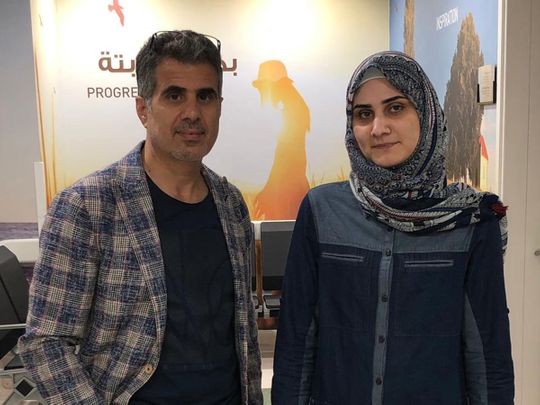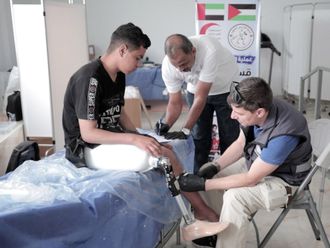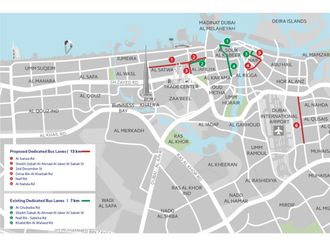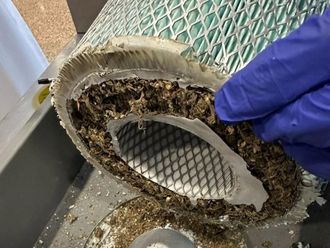
Dubai: For five years, 27-year-old Fatima suffered from gastric conditions and difficulty in breathing and eating but doctors couldn’t pinpoint what was ailing her. That has changed now.
Zulekha Hospital successfully operated on Fatima who suffered from Superior Mesenteric Artery Syndrome (SMAS), a rare gastrointestinal tract disease that causes chronic pain, vomiting, full body weakness and weight loss.
Fatima had been diagnosed with Irritable Bowel Syndrome for years. However, recently at Zulekha Hospital, Fatima discovered that her actual condition, SMA, had been overlooked due to its rarity. To date, there have only been 300 cases registered worldwide.
SMA is a digestive condition that occurs when the duodenum (the first part of the small intestine) is compressed between two arteries. This uncommon illness can cause patients to suffer from rapid weight loss, constant vomiting and an inability to ingest solid food.
“When I started being tested for gastric conditions five years ago, my results were negative, yet my condition remained the same. I also discovered that my gallbladder was infected and had one polyp and so a cholecystectomy was performed. After the cholecystectomy my symptoms worsened,” said Fatimah.
“Gradually, I started losing weight and eventually I had difficulty breathing and eating, so I came to Zulekha Hospital and met Dr Nazim Al Rifai, who sent me for a CT Scan of my abdominal vessels and it was through these tests that he discovered my real problem,” she added.
After the diagnosis of the rare disease, the patient’s condition did not improve using traditional conservative treatments, therefore, Zuekha Hospital performed a rare surgical procedure that requires experience in this field.
Dr Al Rifai, Specialist General, Laparoscopic and Bariatric Surgeon, said: “Once the pre-anaesthesia check-up was conducted, we made sure that the patient’s severe malnutrition would not interfere with the procedure. The surgery was performed to create a link between two sections of the intestines — the duodenum and jejunum which then bypassed the pressure of the artery. The patient is now making a full recovery and is able to go back to enjoying her normal life.”











